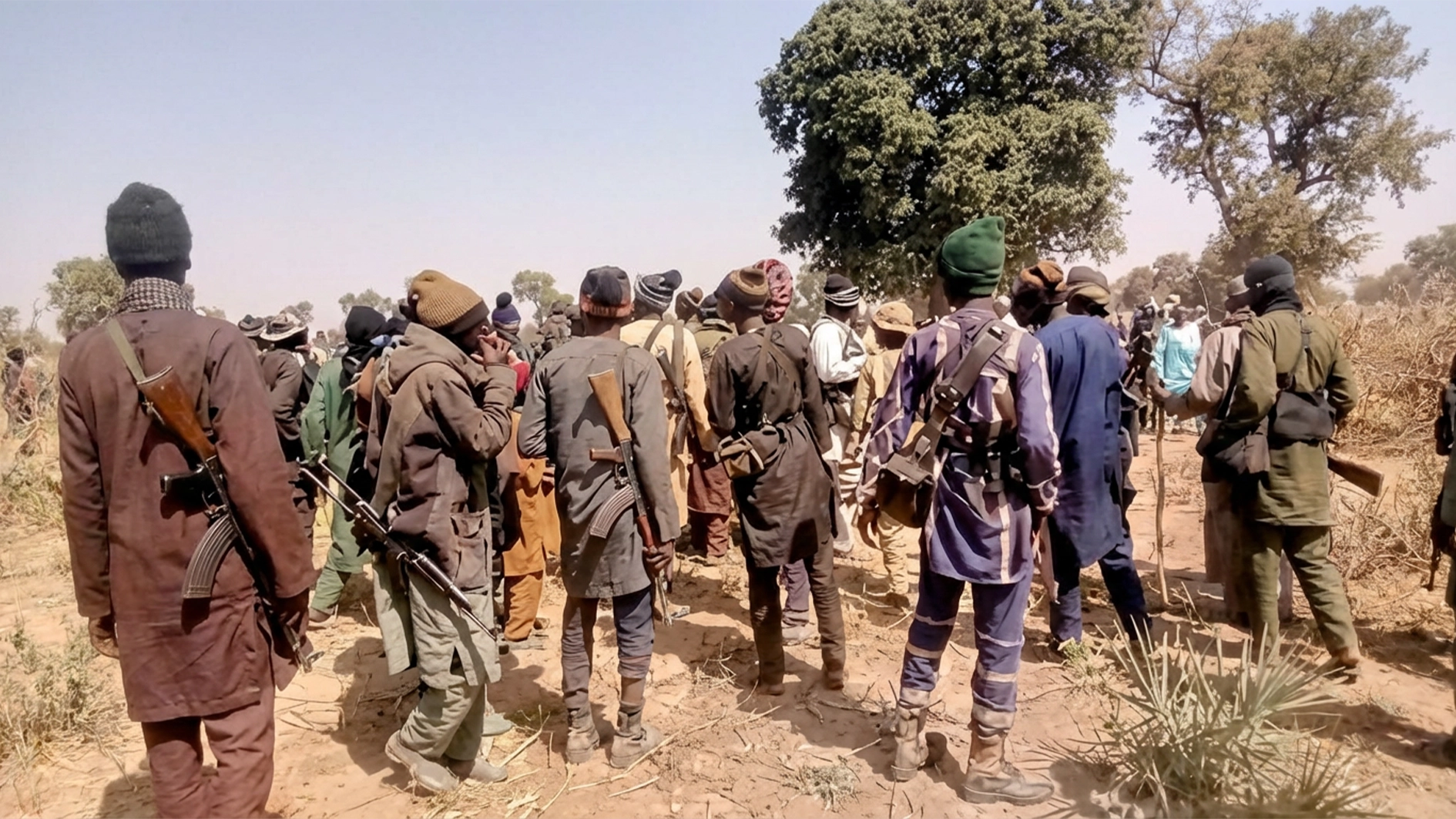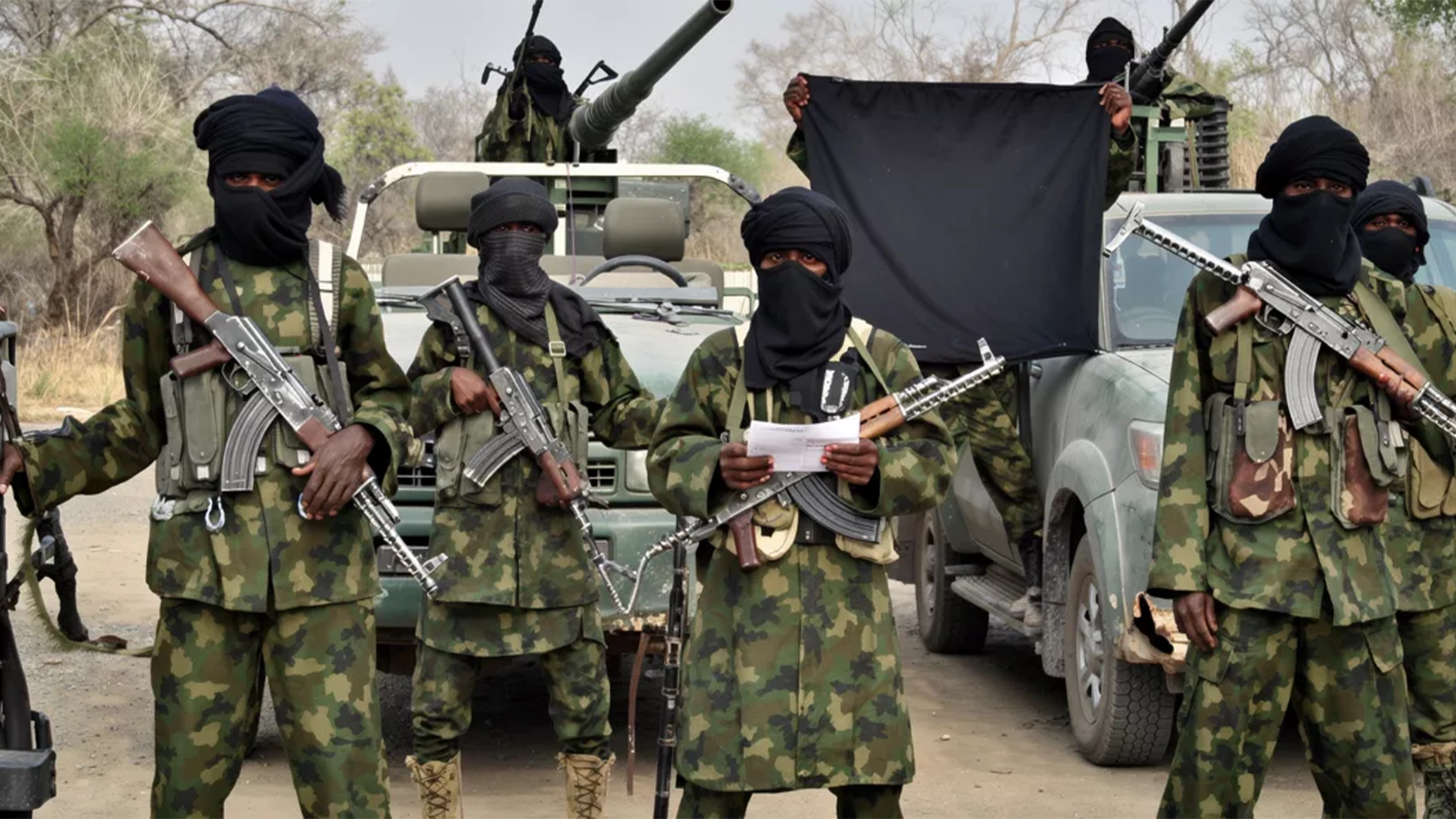 The National Centre for the Control of Small Arms and Light Weapons (NCCSALW) has called for a holistic review of the 1959 Firearms Act to ensure efficient control of illicit arms in Nigeria.
The National Centre for the Control of Small Arms and Light Weapons (NCCSALW) has called for a holistic review of the 1959 Firearms Act to ensure efficient control of illicit arms in Nigeria.
The Director-General of NCCSALW, retired DIG Johnson Kokumo, made the call yesterday in Abuja at a workshop on the review of the 1959 Firearms Act.
Kokumo noted that for over six decades, Nigeria had relied on a military framework for arms control. However, he said the world had evolved dramatically, necessitating an updated approach.
He explained that the proliferation of small arms and light weapons, emerging transnational threats, and shifting security landscapes had rendered some of the long-standing legal and operational approaches insufficient.
“What once served as a baseline for firearms regulation must now be updated to reflect the complex realities we face today. These realities include regionally established porous borders, sophisticated illicit markets, and rapidly advancing technologies.
“This workshop provides us with an invaluable opportunity to address these challenges systematically by bringing together key stakeholders, government ministries, security agencies, legal experts, civil society, and international partners. We aim to scrutinise the existing provisions of the Firearms Act, identify gaps, and propose amendments that align with global best practices.’’
“We must incorporate the provisions of relevant international conventions, strengthen our oversight mechanisms, ensure reliable tracking and registration systems, and refine our penalties to deter and punish offenders effectively,” he said.
Kokumo reaffirmed the centre’s unwavering commitment to a safer and more secure Nigeria through collaborative efforts, knowledge sharing, and harmonisation of legal frameworks to collectively address the proliferation of illicit arms.
He added that the centre aimed to protect citizens while contributing to regional stability and the realisation of international peace and security goals.
“This workshop stands as evidence of our collective reasoning. We are not merely responding to change; we are proactively shaping the future of arms control in Nigeria.”
Dr Dickson Orji, President of Gohld Centre and one of the workshop facilitators, said illicit arms were tools that emboldened non-state actors and other criminals.
Orji emphasised the need to develop strategies and methods to address the problem of firearm misuse in Nigeria.
According to him, the dynamics of insecurity are changing, yet Nigeria continues to rely on a document that was created decades ago to address these evolving challenges.






